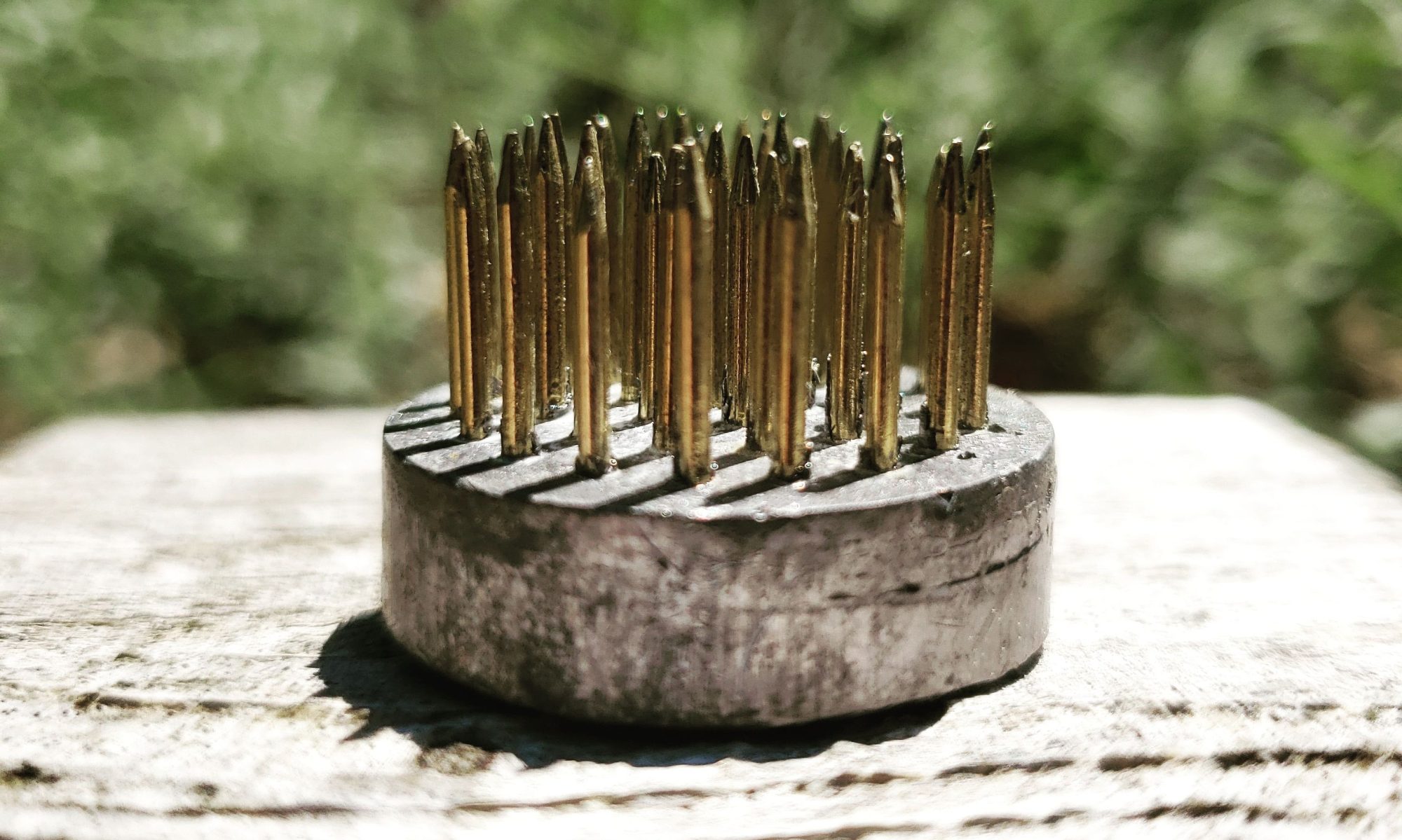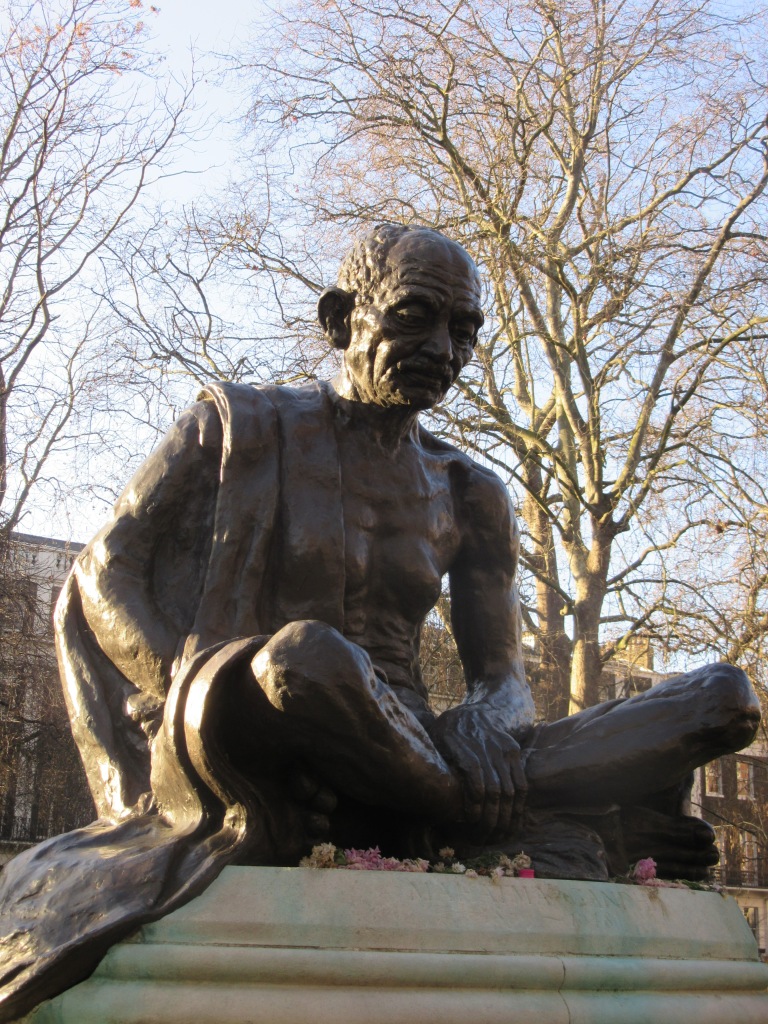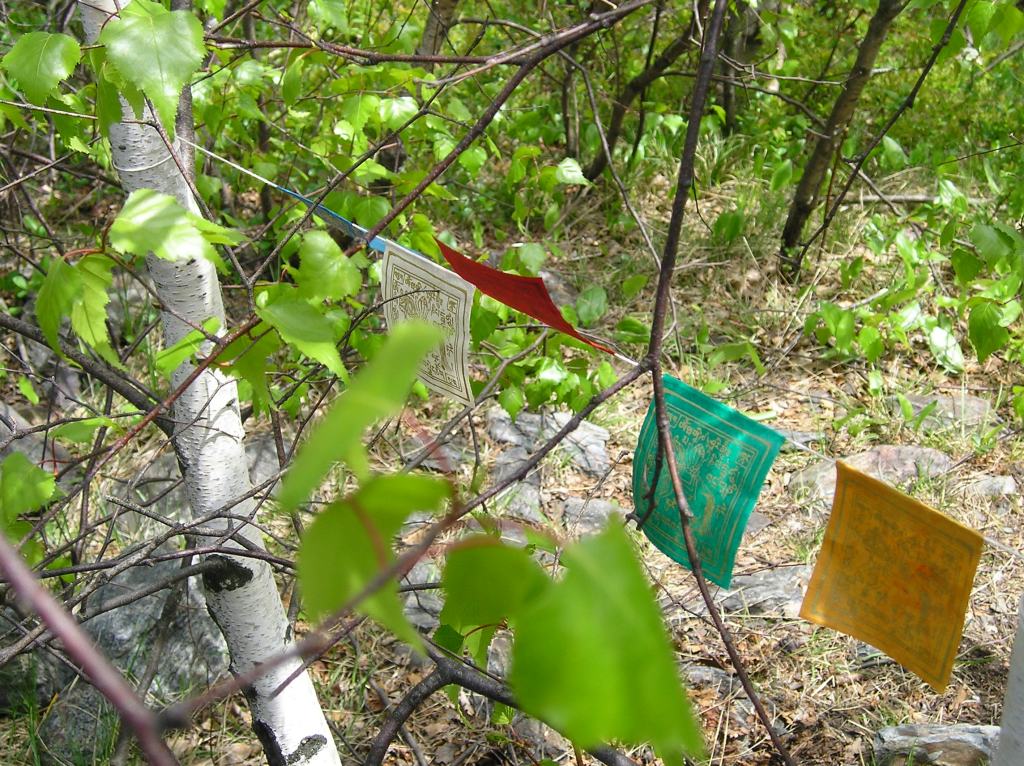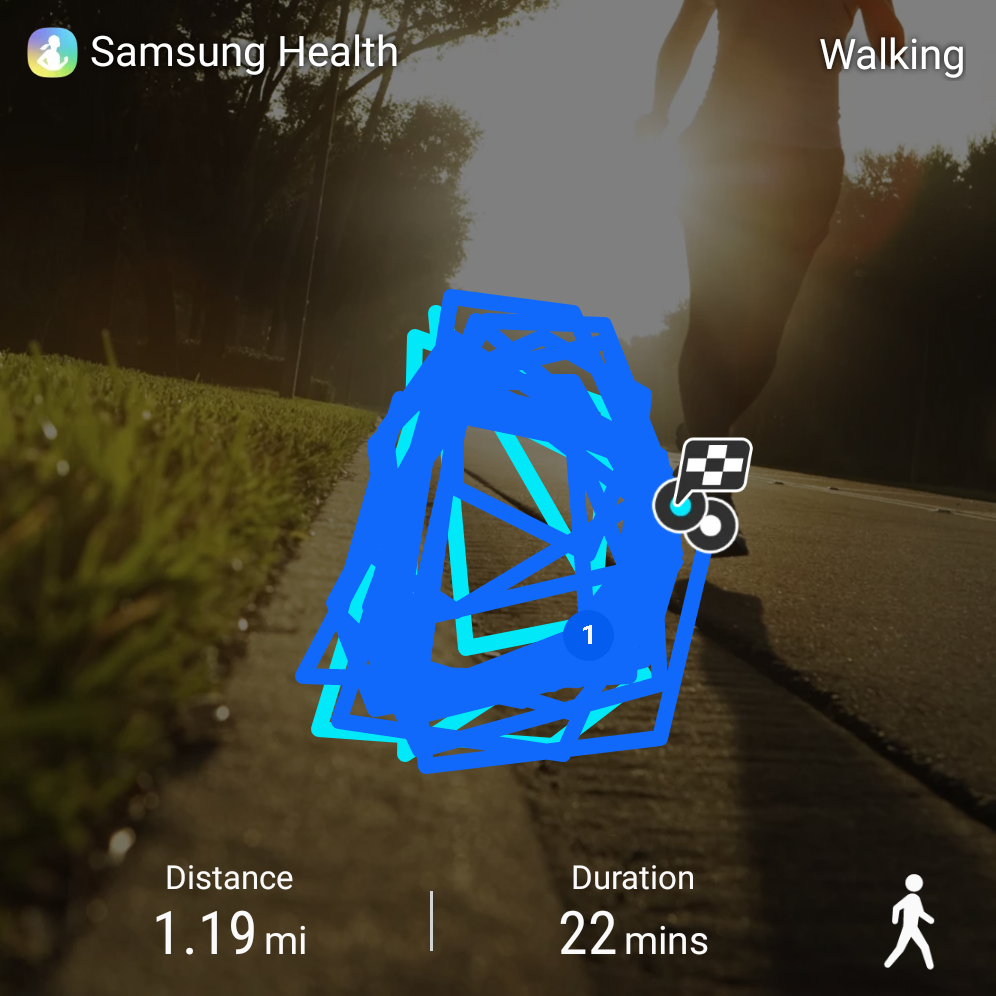
Subscribe to continue reading
Subscribe to get access to the rest of this post and other subscriber-only content.

poet

Subscribe to get access to the rest of this post and other subscriber-only content.
. . . everything springs from the deeply plural earth
The pickle exists through the simple act of preservation. Ever searching for the sea, we mimic its salinity with a generous dousing of sodium chloride dissolved in scalding water and turn the whole thing over to vinegar, to the chemical beauty of mingling molecules agitating the turmoil of fermentation. Whether the tucked leaves of a cabbage head suck the masala pungency from the brine, or thin moon slices of magenta beets bleed from the sting of salt, whether mushroom caps, round and fortunate, or carrots accosted with the sweet spice of ginger root savor the brackishness, everything springs from the deeply plural earth. We store the marinated concoction and thus safeguard our futures, stave off our own rotting, preserve all that is ancient and worthwhile into one crisp bite of vegetable love.
When I switched from squats to deadlifts a few weeks ago, I have to admit I was a little sad to give away one metaphor–carrying myself out of a burning building–for that of another–lifting the dead. But I got over it pretty quick, metaphorically at least.
And I could say that my efforts are wrapped around notions of becoming a new, better, stronger person by disposing of that old, “dead” self. I could say that with every lift I’m fighting off the terrors of a bleak, immobile future. I could say that weight lifting allows me to lift away a yolk of self-doubt and emerge, 82.5 pounds later with superpower insight and unwavering badassness. But that’s not the case at all.

You won’t believe me, but I do it for words.
Squat: to “thrust down with force,” (modern English) from the Old French, “esquatir” (to flatten) by way…
View original post 167 more words
Two Poems for My Veins
Infusion
If I had to choose
between snakes’ fangs
and tigers’ claws
to name the needle
piercing my flesh
I select the cat
whose stripes burrow
all the way to skin
because this hunt—
dangerous as an open wound—
leads the seeker
to my blood
and the venom
is already present.
from Mouthbrooders, Homebound Publication, 2019
Generous Bruises
At the bank the teller catches me
counting on my fingers—the same feeling
I had chasing my sister’s bike down
the unpaved road. She would fall before
I could catch her. As the road curved
I was thinking how little I have
to rely on; I should run faster.
Caught in the act of failing, used up again
dwelling in those Hopper paintings
where nothing vacillates, nothing
is weak, and all the women wear black pumps.
Their isolation—so original, it makes them
efficient, but keeps them separate.
But consider this: a crystal’s structure
appears only when cracked. We experience
the same self when the I cracks
and our breath runs out. We earn
the favor of being by breaking
revealing a symmetry so generous it bleeds.
Watching a bruise heal from the inside out
it’s the color that matters:
never black nor blue, but shades of yellow
and one hundred degrees of plum.
from Four Blue Eggs, Homebound Publications, 2017

“Mouthbrooders, by Amy Nawrocki, is a collection of contemplative poems, an exploration of the relationship between the creature self and the life of the mind.”
Read the entire review at Necromancy Never Pays, Jeanne Griggs’s blog about all things literary. I’m grateful to her for her review.
Like the speaker looking for her reading glasses in “Hourglasses,” readers of Nawrocki’s volume are glad for the reassurance that “there is no failure/in blinking yourself into clarity.”
Jeanne Griggs

Jeanne Griggs is a reader, writer, traveler, and ailurophile. She directs the writing center at Kenyon College and plays violin in the Knox County Symphony. Check out her new collection Postcard Poems, available from Broadstone Books.
In Postcard Poems, Jeanne Griggs presents a family travel album. These vacation notes take us to iconic destinations, out-of-the-way downtowns, beach rentals, bookstores, art museums, and two-star motels. We hear the voice of a speaker longing to taste stale Cheerios and sip hot tea, watch the children wade in the surf, and make the distances between long ago and yesterday a little more tolerable. Griggs crafts a quiet cadence of absence to say: “Here I am now, missing you.” In the end, this collection helps the traveler in all of us realize that we are never “just visiting.” We piece together the narrative of our life’s travels one postcard at a time.
—Amy Nawrocki, author of Mouthbrooders & The Comet’s Tail: A Memoir of No Memory
You are a grackle
I say out loud to the black robed bird
and her iridescent head, purpling in
a bright May afternoon. You are a grackle
I say to the voice in my head which uttered
without thinking, hello mister starling.
You are a grackle I correct myself,
as she fluttered into a budding tree, lost
behind the rumor of a shallow wind.
I am a grackle, wings repeat settled again
into the departure of flight. I am a grackle.
You are a grackle; I am a grackle we whisper
to each other, shoulders turned, heads aloft into
the cadence of song. I am a grackle
I am a grackle I am a grackle I am a grackle.

This essay appears in the anthology Wildness: Voices in the Sacred Landscape, published by Homebound Publications, copyright 2016.
But whether it was a bird of prey
Or prey of bird I could not say
~Robert Francis
My husband calls me from upstairs. Hurry. Quick. Look out the window. Do you see it?
The front yard slopes toward the road, about thirty feet from the house. The blacktop of our driveway, and a low gray rock wall give way to a grove of trees, a blend of grey bark, brown earth, and the pale paper of lingering beech leaves. Thinned out in late autumn, the laurel trunks twist and spread their muted and monotone still-green foliage. A weathered stump and the lamp post are the only variables. Eric is pointing, directing my eyes, which see only the tessellation of space between laurel branches. There, behind the light, scan just to the right. The low branches. Do you see it? I have to find the movement with my eyes before I put the binoculars to work. He’s told me by this time what I’m looking for—a peregrine falcon and its kill.
It’s the junco’s white belly that alerts me first. Shredded white feathers scatter—emptying as if from a torn pillow—scatter, not falling to the ground but filling the space around the two birds. By the time we’ve repositioned ourselves at the second floor window, she’s flown to a higher branch, a vantage point better for our view, and more stable, perhaps, for the harder work of flaying the junco’s breast, a better angle for the scalpel beak, leverage for talons. Through the binoculars, she is a giant, but the magnification diminishes her effort. She could not have carried her prey too much farther than the neighboring branch she decided on. Downy, with elegant grey plumage, she wears speckles and delicate brown dashes on a whitish underbelly. I’m surprised by how blue she is. The sky matches her with snow-worthy slate. At various angles, tawny cheeks and a black mask bob in steady motion, shielding the claw-clutched prey, instinctually hiding what no one else can have. Nothing else moves in the yard. She is at it for forty-five minutes. I am at a loss for words. By the time it’s over, all I have is the conviction that peregrine is more melodic (and I think) more accurate than falcon, and this is how she should be called. That may be all the precision my retelling can muster.
I wonder about this as I sit down to my notebook. The camera has failed in such unforgivable ways, and memory is doomed to be insufficient. What else do I have? The worlds outside our windows should be shared worlds. I want to preserve the episode for my future self, to recount it at family gatherings, tell my friends through social media. I want to brag. But the nature we experience through others will always come through a filter. I take this to heart. “There is nothing in which people differ more than their powers of observation,” wrote John S. Burroughs. As a nature lover, I cultivate my powers of observation. As a poet and teacher, I practice seeing and sharpen the senses by trying them out on paper. Like deciding to open the window or draw the shade, I deliberate on a point of view.
I told you about a junco, but it could have been a nuthatch, maybe the one I watched traipse down the oak this morning after insects which I haven’t bothered to name. The woods are filled with unnamed critters, some visible for mere seconds at a time. Most never surface from earth cover or give up their camouflage or grow big enough to be noticed. Notice matters; spectacle speaks. The peregrine is singular; the everyday birds multiply and seem interchangeable. I may be able to describe any one of them from memory, if I could only be sure of its pedigree or be able to scan the table of contents of its daily migrations. As the peregrine’s anonymity vanishes into a declaration of authority, the victim becomes just another white bellied meat source. That’s one way of telling it. When I shift my vantage point, the quarry becomes small and delicate, slow, uncoordinated. A junco with its own story, its own beauty. Its black eyes pierce a cozy landscape of forests and food; a feed stop offers suet and kibble. A shadow passes; there is no escape. I hold my breath because I don’t want to disturb the moment. I exhale, and I’ve already altered it.
Any snapshot is filtered by the viewer’s eye and a lifetime of other sights. I do not intrude. Or do I? Our choice of words matters so much and we must consider them as we would territorial boundaries. If I say surveillance, do I imply deviance? If I chose bird’s eye view, do you applaud my attention, or mock my sarcasm? If I say hollow bones rather than banked blood, which is accurate? When staving off hunger wins out over lunch time, the value of one sunflower seed, one unlucky bird, goes up like a sprinkler in a year of drought. The actions I describe can never be neutral, and you are always in my line of sight. Phrases like habitat loss echo through the woodlands like the tapping of beaks. Survival of the fittest signals the surrender of tree mites and dormant caterpillars. And juncos. As literate creatures, we hold much in our hands, the language of fight and of flight. The natural world—so vast and varied, so holy and violent—will one day disappear. We will all fade into the sepia print of the past. The endurance that nature teaches us is what we have to bear the loss. It may seem a small thing, but the way we catalog what we see can shape the extent of our preservation and shape our ability to heal and honor, celebrate and remember. It is an earned privilege—the naturalist as chronicler. If I say watcher, do you think witness? If I say prey, do you hear prayer?
Peregrine, from the Latin meaning “one from abroad.” A wanderer, one who migrates. The peregrine stands 15 inches and can spread its wings three and a half feet. Peregrines mate for life. Both parents tend their young. The peregrine can catch prey in flight and reach speeds of 240 miles per hour. I choose to tell you this. Do you see it? She has pierced the windpipe with her talons and killed the bird instantly. She is hungry. She will eat its bones. She is beautiful. I try to capture her, but she flies away. She is both my words, and beyond them.
Ritual Each night at dinner, in lieu of grace, my mother lit the center candle on the table. We children were allowed two fingers of wine from the icy jug that was kept cold out on the front porch. The seven of us shared bread and casserole on our full plates and the light filled the room with luster. Each of us had a task: clear the dishes, wipe the table, snuff out the half-melted candle, its smoky trail reaching to the ceiling like fingers folding into prayer. When the washer was full, we’d stand by the sink, my mother and I, her hands plunged into the soapy water, mine holding a dish towel, removing the dripping pans from the drainer, and wiping the water away, to expose the shine. We’d stand there in the evening hour quietly perfecting every keepsake minute. Later in life, I stand in class, by the desk in front of students as we discuss short fiction, plunging into emerging themes. A daughter and mother in one story bathe together in a tub infused with herbs and bark. The same characters travel to market to gather bread, butter, and fish to prepare together later. The mother preserves the daughter’s childhood in a trunk: plaid dresses and yellowed blankets, mementos aired out and refolded again. In capital letters, I write ritual, chalk powdering the folds of my slacks. Together we learn that these acts are connective tissue that bind our muscle to bone. Though pages away, miles, or even years, we, as characters break bread, fold hands into each other’s, light the light that will unblind us. from Four Blue Eggs






I am honored that Mouthbrooders has been selected as a finalist for the 2020 Connecticut Book Awards.
Check out the other finalists and register for the virtual ceremony event, October 15, 6:00 p.m.

Today
I miss the rhododendron that dried
last season and still rusts where orchids,
hot-house born, will be fed with
three sips of cold ice.
At my home in Connecticut I am able to get out into the world and see possibility despite quarantines and shutdowns. We live at the top of a hill, and one of my routine walks is up and down (about 1/2 mile both ways). A bigger loop brings me around the neighborhood, about 2 miles. We also have a semi-circle driveway with slopes and a sanctuary of laurels, oaks, and a few half-way hidden blueberry bushes. Twenty minutes, about 15 times around, is a mile’s worth of walking, enough time to circle and see what usually goes unnoticed. Repetition and wonder.
I found this little guy on a hard-to-figure out chestnut yearling. I prefer the worm’s philosophy about walking. On my own, I’m just walking in circles.

She wants to quell vertigo as certainly as a guillotine slicing the perpendicular
“Circumstance”
A poem from my latest collection Mouthbrooders, published by Homebound Publications.
Visit the store to order and support National Poetry Month, Independent Publishers, and writers who want to share their words.
Check out Brainwaves Video Anthology on You Tube. Take advantage of the filmmaker Bob Greenberg’s hard work, and browse a diverse anthology of videos featuring writers and thinkers from across the spectrum of literature and culture.
the ones who promised . . .
During six months of vocal cord paralysis, author and professor Amy Nawrocki turned to the written word and fell in love with language again. The result of this exploration is her stunning collection Mouthbrooders, full of sounds and their echoes—ravens screeching, eggs cracking, and acorns falling. As Nawrocki struggles to find her own voice again, she midwives the voices of catastrophe, of memory, and of the small miracles of everyday life.

“Amy Nawrocki’s new collection Mouthbrooders is precise and carefully contained. Each poem is a vessel crafted to express one perfect thing: how saliva works on a burn; the tender terror of bringing a word or a child into life; the pleasure of “rigatoni…heavy/ with artichokes, cream sauce,/peppercorns slowly braised/and crushed under a fork”; the desire to “sample” one’s own flesh; a conversation with a peregrine in which the persona asks, “Tell me about the wind, the kind/that quiets fear and lengthens your cries/ into inaudible whispers.” Mouthbrooders is a collection to savor.”
Laurel S. Peterson, Norwalk Community College, Poet Laureate, Norwalk, CT 2016 – 2019

Also from the archives, 1992.
Blue Moon Diner
He might have been blind.
In my hourglass
recollection, I don’t believe
he ever looked at me
with his eyes–spacious,
window-like; each blink
the metamorphosis of a streetlight
from red to green
from grey to gray.
Aged cacti prickles
crowned his head; roadmapped
baldness charted the constellations
of his travels. To hear
restaurant monologues
in my novice ears was to see
wisdom printed on a napkin.
He said I looked New Englander, like himself.
I heard him say sheltered,
smiling. Professor
of all that is reachable, witness
of revolution, student
of places where clouds paint
shadows on the landscape,
his slight cricket body
carried mountains.
I saw myself journeying
through time tattered windows;
I saw the vast-heavy earth
deflate to a school child’s globe
filled with places I will go to
when I know the color of every star.
I sipped coffee, sugarless.
I did not ask his name.
I did not think
to ask his name.
My explorations of voice and point of view have led me to the creation and publication of Mouthbrooders which is now available through Homebound Publications and where ever books are sold.
During six months of vocal cord paralysis, author and professor Amy Nawrocki turned to the written word and fell in love with language again. The result of this exploration is her stunning collection Mouthbrooders, full of the sounds and their echoes—ravens screeching, eggs cracking, and acorns falling. Faucets drip, pens brood, souvenirs slip through fingers. As Nawrocki struggles to find her own voice again, she midwives the voices of catastrophe, of memory, and of the small miracles of everyday life.
back-cover copy
A few years back, I ran a workshop at the Miller Memorial Library in Hamden, CT, where we discussed our connections (personal and literary) to Alice’s Adventures in Wonderland. Carroll’s book never really grabbed me as a young reader, and after reflecting as an adult, my associations were more negative than positive. This isn’t really surprising, since at their roots, the imagery and adventures in the children’s tale are scary and uncomfortable.
On the other hand, rereading the text, I began to notice the language and the way that Alice (and Carroll) described the processes of transformation. In particular, at the bottom of the rabbit hole, she encounters the “small passage” and “[longs] to get out of that dark hall and wander those beds of bright flowers.” As she laments, she wishes that she could “shut up like a telescope.” The phrase struck me as peculiar, both visual and metaphorical. I couldn’t get the phrase out of my head, and so eventually wrote “Shutting Up Like a Telescope” to probe my own ideas about fitting into spaces.
Here is a different exploration of my reflections on Alice and her adventures. I wrote this exploratory memoir following the workshop:
I come to Alice from a tree branch, from a separate limb. Maybe I’m the Cheshire Cat, watching myself watch her. I have no immediately accessible memory of time or place. No matter. I see from my pocket watch that I’ve arrived too late. She’s already gone down, and only by looking back—or looking through—or catching my reflection in my own looking glass—does she manifest.
My mother read to us often, and I recall, impressionistically, other books: their muted green covers, gold edged pages and pen-and-ink drawings. This is how I can render Toad and Rat and Badger in my mind from Wind in the Willows. I can still touch those pages.
Though I can’t pinpoint how I came to know her, it’s not hard to picture Alice, her blue dress and white pinafore painted like so many others in the Technicolor of Disney. But whether her image is a piece from a specific moment or a combination of moments, I don’t know for sure.

But it seems that my memory of Alice begins on page 8. I imagine that I’ve seen this drawing before, and that the first time I saw it I felt something. The image of long-necked Alice, stretched like silly putty and uncomfortably large, frightens me even now. It conjures in my mind a sense memory, something tactile, as if I can feel the vertebrae in my own neck separate. But unlike the thrill of seeing each inch of your life penciled on a hallway wall as you grow and age, I see Alice’s elastic neck as strangulation, instead of release. The key I need is out of reach.
Instead of watching my feet disappear underneath me, I watch a body in torment, and just for good measure the Queen of Hearts has come along to say with all the echo of childhood discomfort: “Off with her head!” The rabbit hole is dark, and the looking glass reflects a fat little girl who can’t stand to be seen.
Alice’s neck is most vivid because it speaks to my nine-year-old self and the torture that my own body inflicted on me. Betrayed by the little cakes and drinks of “cherry-tart, custard, pineapple, roast turkey, toffee and hot buttered toast;” betrayed by birthdays and elongating limbs, adolescence simply became “curiouser and curiouser,” and I became sadder and sadder. Even now, Alice’s long neck frightens me out of my skin.
Purchase your copy of Mouthbrooders and check me out on Soundcloud.